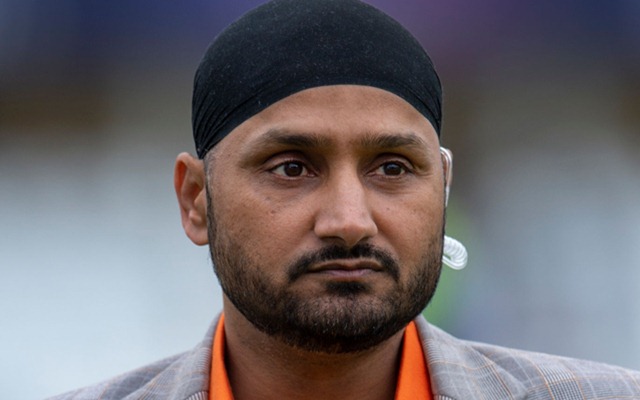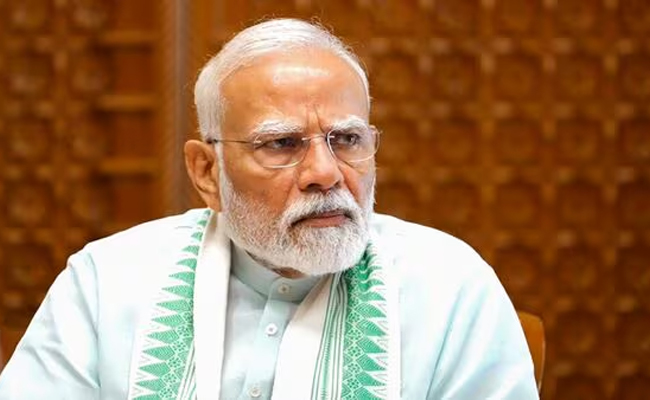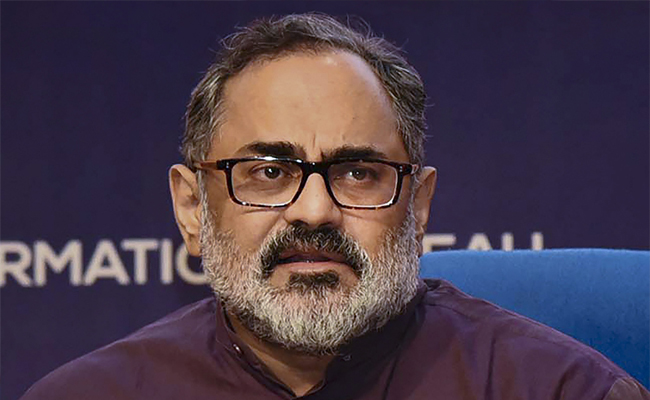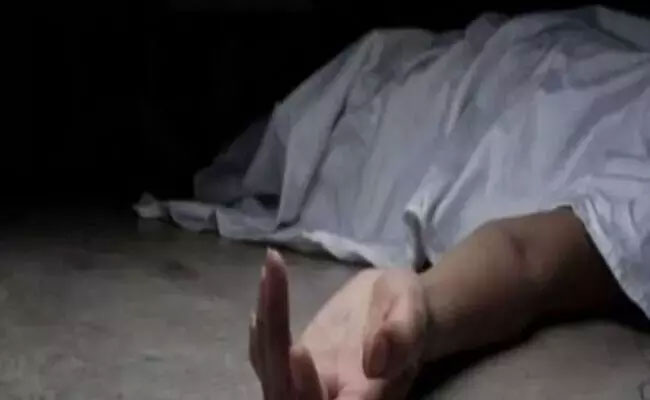New Delhi, Jun 7: Veteran Indian off-spinner Harbhajan Singh on Monday unconditionally apologised for a social media post in which he shared a picture of Khalistani militant Jarnail Singh Bhindranwale to pay homage to those who died in 'Operation Bluestar' of 1984.
The 40-year-old off-spinner said he posted a WhatsApp forward on the 37th anniversary of the operation without realising that the man in the picture was Bhindranwale.
"I just wish to clarify and apologise for an instagram post yesterday. It was a WhatsApp forward that I posted in a haste and without even realising the content used and what it signified and stood for," he said in an apology note posted on Twitter.

"That was my mistake I accept, and at no stage do I subscribe to the views in that post or support the people whose picture were carried. I am a sikh who will fight for India and not against India.
"This is my unconditional apology for hurting the sentiments of my nation. In fact any anti-national group against my people, I do not support and never will," he added.
Operation Bluestar was an Army operation which was carried out in 1984 to flush out militants from the Golden Temple in Amritsar. Bhindranwale was the leader of that insurgent movement and was killed along with and several other people during the operation.
"I have given my blood and sweat for this country for 20 years and will never ever support anything that is anti-India," Harbhajan asserted.
The veteran has played 103 Tests for India, claiming 417 wickets in them.
My heartfelt apology to my people..?? pic.twitter.com/S44cszY7lh
— Harbhajan Turbanator (@harbhajan_singh) June 7, 2021
Let the Truth be known. If you read VB and like VB, please be a VB Supporter and Help us deliver the Truth to one and all.
Abu Dhabi: Days after air operations were disrupted due to airspace closure, Etihad Airways reportedly resumed limited operations on Monday, with eight passenger flights taking off from Abu Dhabi International Airport at 2:00 pm (GMT 11:00), according to global flight tracking service Flightradar24.
ALSO READ: Iran claims missile strike targeted Netanyahu’s office; says his fate ‘unclear’
Flight tracking data showed that a total of eight passenger services departed from Abu Dhabi after 2:00 pm local time. Of these, one flight was bound for Delhi and another for Mumbai. The remaining flights were reported to have resumed operations to their respective destinations.
Air traffic in the region had been disrupted following rising tensions in the Middle East after a joint US-Israeli attack on Iran.
8 passenger flights have been able to take off from Abu Dhabi since 14:00 local time. pic.twitter.com/4eYs3ReJaJ
— Flightradar24 (@flightradar24) March 2, 2026





